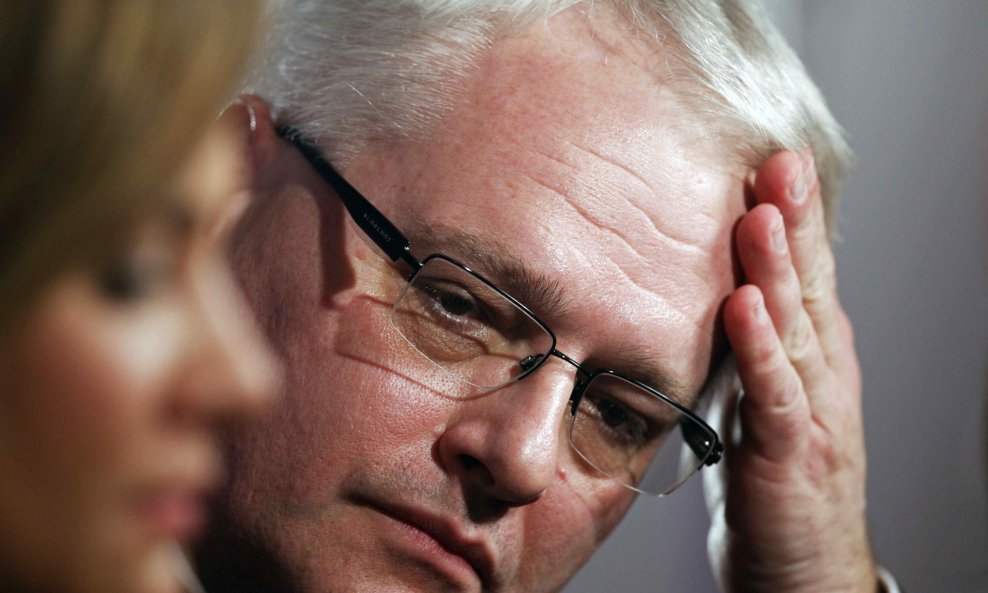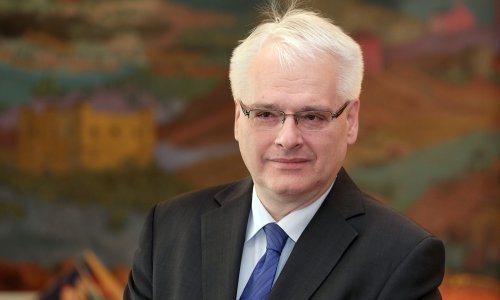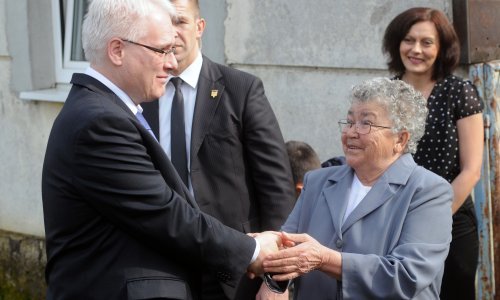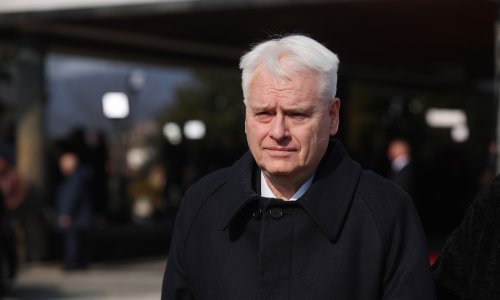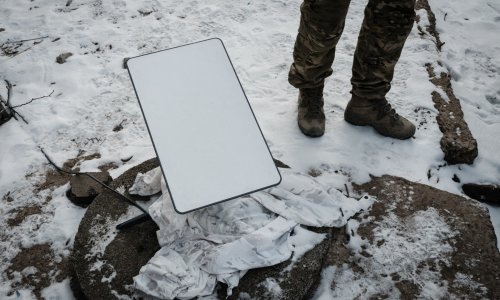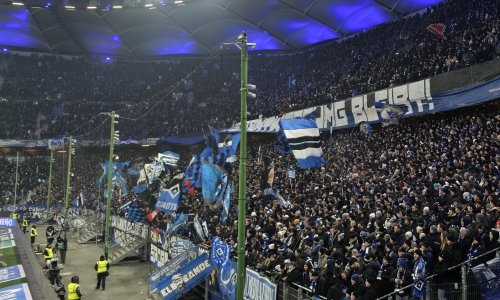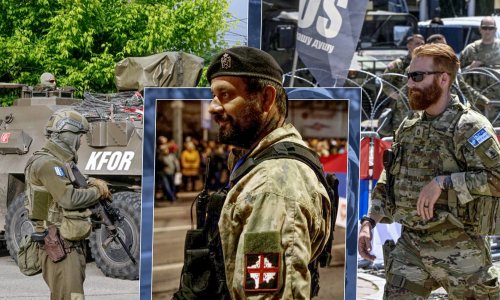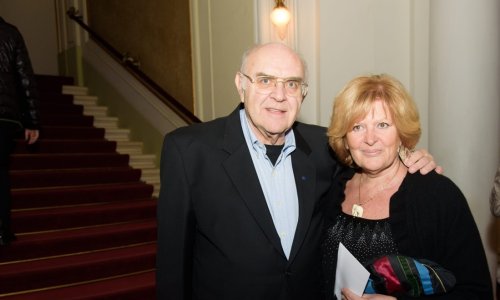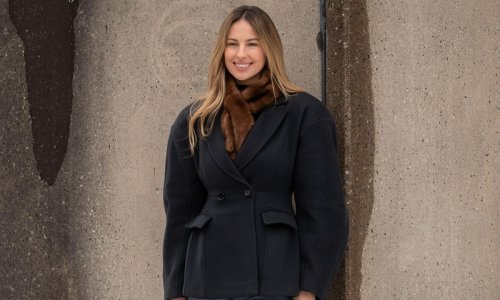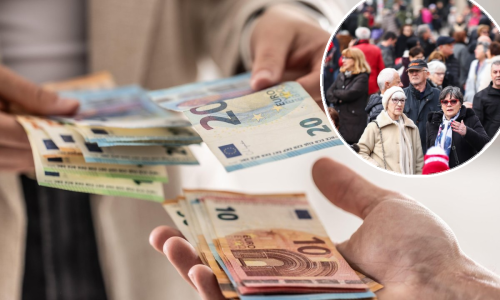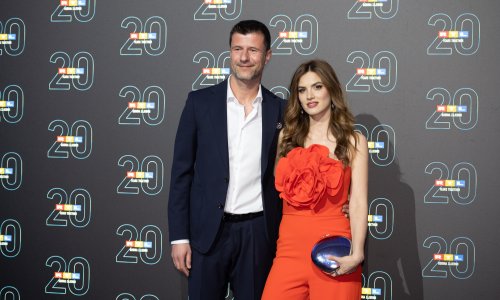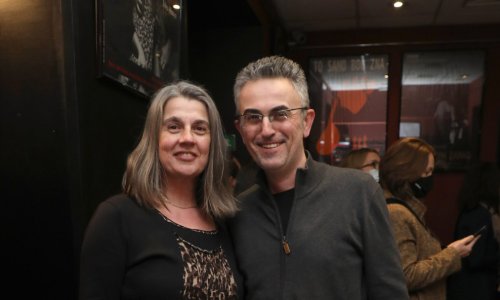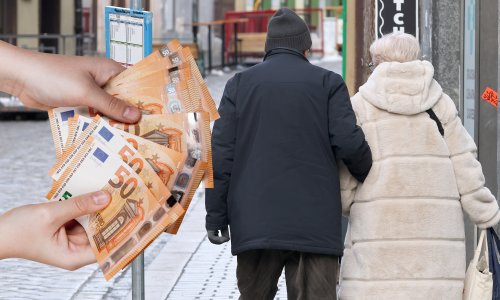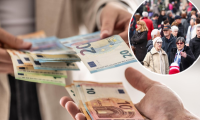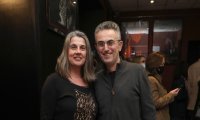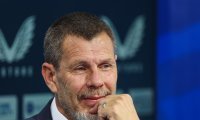President Ivo Josipovic told CNN that Croatia, soon to become the 28th member of the European Union, was searching for partners in the energy sector to help reveal oil and gas "green fields" in the Adriatic.
Josipovic said in an exclusive interview aired on Thursday evening that Croatia, which relies heavily on its Adriatic coast to attract tourists and boost the economy, is seeking new revenue streams to combat a high national debt and a lack of competitiveness.
"There is one way to change the economy and that is to motivate investors to come to Croatia," Josipovic said in the "Quest Means Business" talk show.
Croatia, which is a small country of 4.3 million people, is also battling against chronic unemployment over 18%, with only Greece and Spain having a higher jobless rate, Josipovic told CNN editor Richard Quest, expressing confidence that Croatia's European membership, which officially begins on July 1, would attract foreign investment and prevent a so-called "brain drain" in the country's workforce.
Asked why Croatia was investing so much hope in the European Union when many consider the bloc to be part of the problem, Josipovic said: "We consider the Union as a chance for us, not only because available money and different funds but because we can attract investments, because we can sell some of our products abroad and we are also an important traffic corridor."
Josipovic said the euro is already a de facto currency in Croatia but the country needs at least five years to meet the euro area criteria before it can think about joining.
"(There is) no special target year," he told CNN. "But we think we already have the euro because if you ask someone the price, they tell you in euros. Our savings in banks are 80% or more in euros because our citizens believe in the euro because they buy euro and save in euro."
Josipovic said it was Croatia's strategic objective to bring its neighbours into the European Union once they meet the necessary criteria. "It is our strategic goal, because of security, because of the economy, and because of deep cultural and human connections between our countries, in spite of the past wars." Asked which countries he was referring to, Josipovic said: "All of them; Bosnia, Serbia, Montenegro, Kosovo, Macedonia, ... and yes, Turkey as well," Josipovic said.
Quest wanted to know that once in the European Union, if Croatia would be more in favour of British Prime Minister David Cameron who is looking for re-balancing of rights, or more in favour of German Chancellor Angela Merkel. Josipovic said Croatia would create its authentic position. "In some aspects, Europe will be stronger, especially in the economy, cultural space, but on the other side probably some administration should be cut," Josipovic said.
According to CNN, one major obstacle to foreign investment is Croatia's problems with endemic corruption. Transparency International, an organisation tackling corruption, ranked Croatia below Rwanda, Jordan and Cuba in its Corruption Perceptions Index for 2012. But the country still came in above Italy - Europe's third largest economy, CNN said.
"Corruption is now considered as something that is not acceptable for our society and anyone who is caught will go to jail. Of course, efficiency of investigation is needed through our judiciary," Josipovic said.



